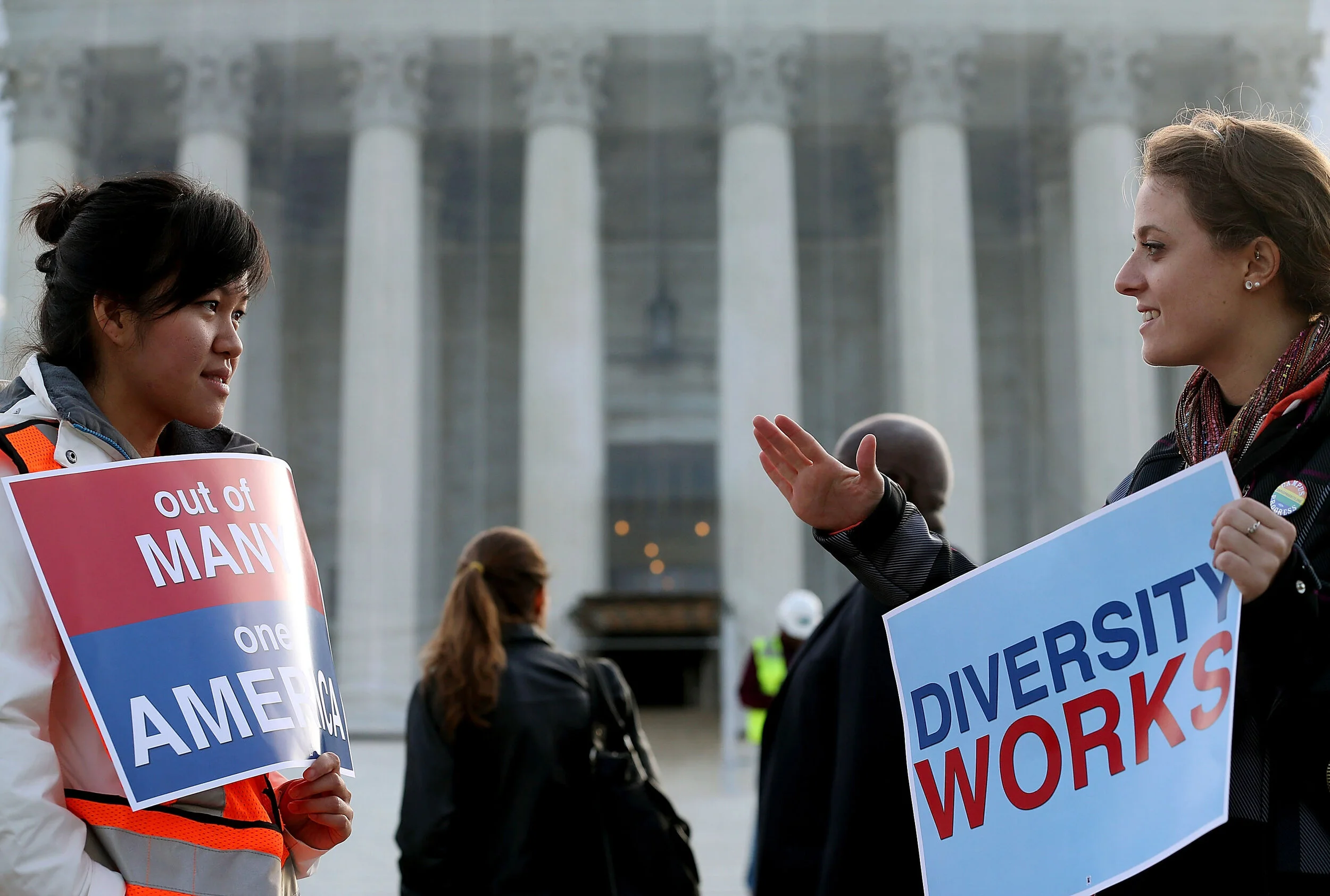Diversity is an exalted concept for many reasons, ranging from its practical relevance to operational performance, to its broad promise of social inclusion. It is this latter appeal that has rendered diversity, in the eyes of many, a veritable democratic ideal. This Roundtable explores how affirmative action became such an explosive national debate, beginning with Bakke, continuing through Harvard College, and projecting into the future.
Read MoreWhile platforms such as Google, Facebook, and Twitter have resisted being labeled as publishers, their decisions over what and what not to moderate increasingly mirror the domain of editorial organizations. Compounding the issue is these companies’ outsized influence as intermediaries, and even gatekeepers, for human expression. In general, legislators have exempted social platforms from responsibility for what their users publish. This Roundtable will explore the development of the law that cements this protection: Section 230 of the Communications Decency Act of 1996.
Read MoreThis Roundtable focuses on Harris Funeral Homes. We first provide a history of Title VII and the Equal Employment Opportunity Commission, then proceed to contexualize Harris Funeral Homes by drawing upon related LGBTQ+ discrimination cases, and finally conclude with analysis and its implications.
Read MoreHealthcare has long been a contentious issue in American law. Questions concerning jurisdiction, who bears the burden of insurance, and issues within it ought to be handled (if at all) have plagued the American public consciousness for decades. Everything changed, however, with the passage of the Affordable Care Act (ACA). The ACA was a carefully negotiated, bipartisan solution to deficiencies in the then current system which revolutionized health care as we know it.
Read MoreThe question of executive power has plagued the United States since its inception. Historically, power has been vested in the legislature, but modern presidents have bucked precedent by using executive orders to establish government agencies, skirt laws which they disagree with, and to issue unprecedented immigration policies.
This roundtable discussion will present the legal history and analyze recent court cases pertaining to executive power so that we might present a reasonable picture of its future. The Founding Fathers originally imagined the United States as a nation with strong national legislature with power primarily vested in state governments.
It is important to recognize the structures responsible for this dramatic shift from state-local rule to national rule and from legislative governance to executive governance if we are to properly prepare for the repercussions of those realignments. If we are not careful during this liminal phase, unnecessary power may become vested in offices where it does not belong, putting American democracy and life as we know it at risk.
Read More



